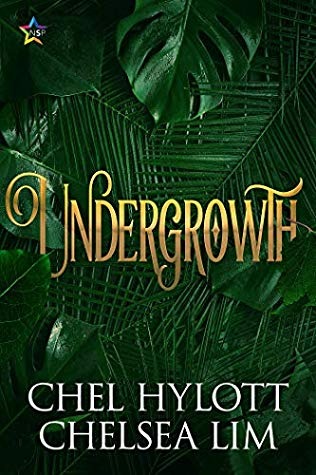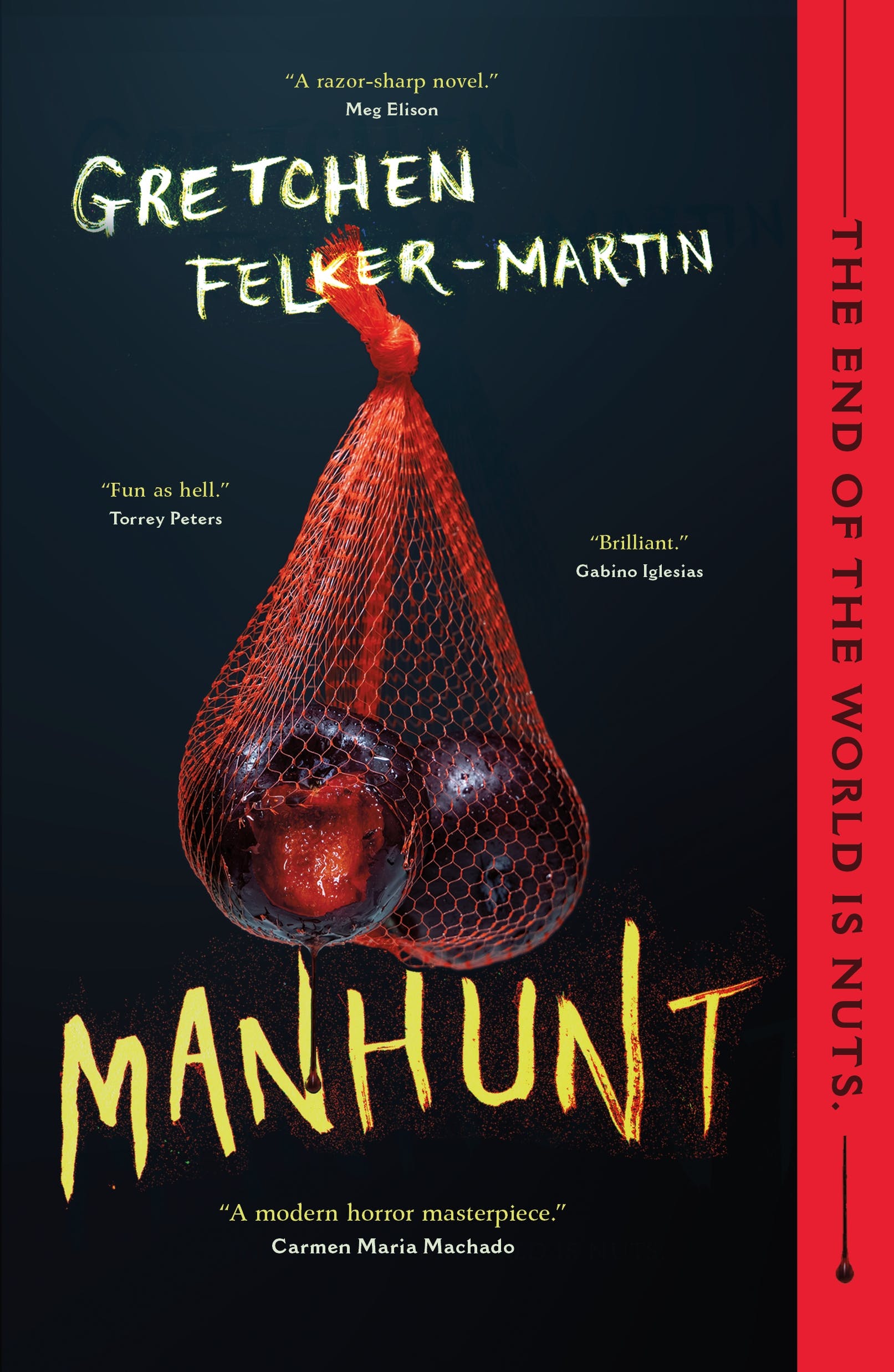Bookshop.org Affiliate Link Seventeen-year-old Mariam finds herself surviving a Los Angeles that has been overrun by a magic jungle of horror. Along the way, she meets a group of other survivors, and together they become a family. But Mariam has her secrets. She magically heals and cannot die thanks to a deal with the devilRead More
Maggie reviews Manhunt by Gretchen Felker-Martin
Amazon Affiliate Link | Bookshop.org Affiliate Link I knew going into Manhunt by Gretchen Felker-Martin that it was going to be a wild ride. The pair of bloody testicles suggested by the cover tells you that right off the bat. And to tell the truth, I’ve mostly gone off of apocalypse fiction the last few years –Read More

